The Mercedes-Benz Untertürkheim plant is the largest location in the global Mercedes-Benz powertrain production network, and extends over a series of sub-plants in the Neckar valley. Conventional engines and components are currently produced in Untertürkheim and Bad Cannstatt. The forge is also located in Untertürkheim. The Mercedes-Benz eCampus, a competence centre for research and development of future generations of batteries and battery cells, is also being built here. From 2024, the ramp-up of electric drive units will begin in Untertürkheim and Bad Cannstatt. In the target scenario, one million electric drive units can be produced, for example for vehicles on the MMA (Mercedes Modular Architecture) platform. Flexible drive axle production and the foundry are located in Mettingen. From 2024, parts of the electric drive units will be manufactured here and assembled into electric axles. Transmission production takes place in the Hedelfingen sub-plant. Since 2021, battery systems for the all-electric Mercedes-Benz models EQS and EQE have also been produced here. The sub-plant will also manufacture parts for electric drive units from 2024. Training is based at Brühl. Since this year, a new factory in Brühl has also been producing batteries for the latest plug-in hybrid generation. From 2024, the ramp-up for battery production for new all-electric models will start here. Flexible production is located in Sirnau. The Untertürkheim site also houses a large part of the Group-wide drive research and development, with a test track for vehicle testing. Untertürkheim is also the location of Mercedes-Benz Group AG headquarters.
,xPosition=0,yPosition=0.5)
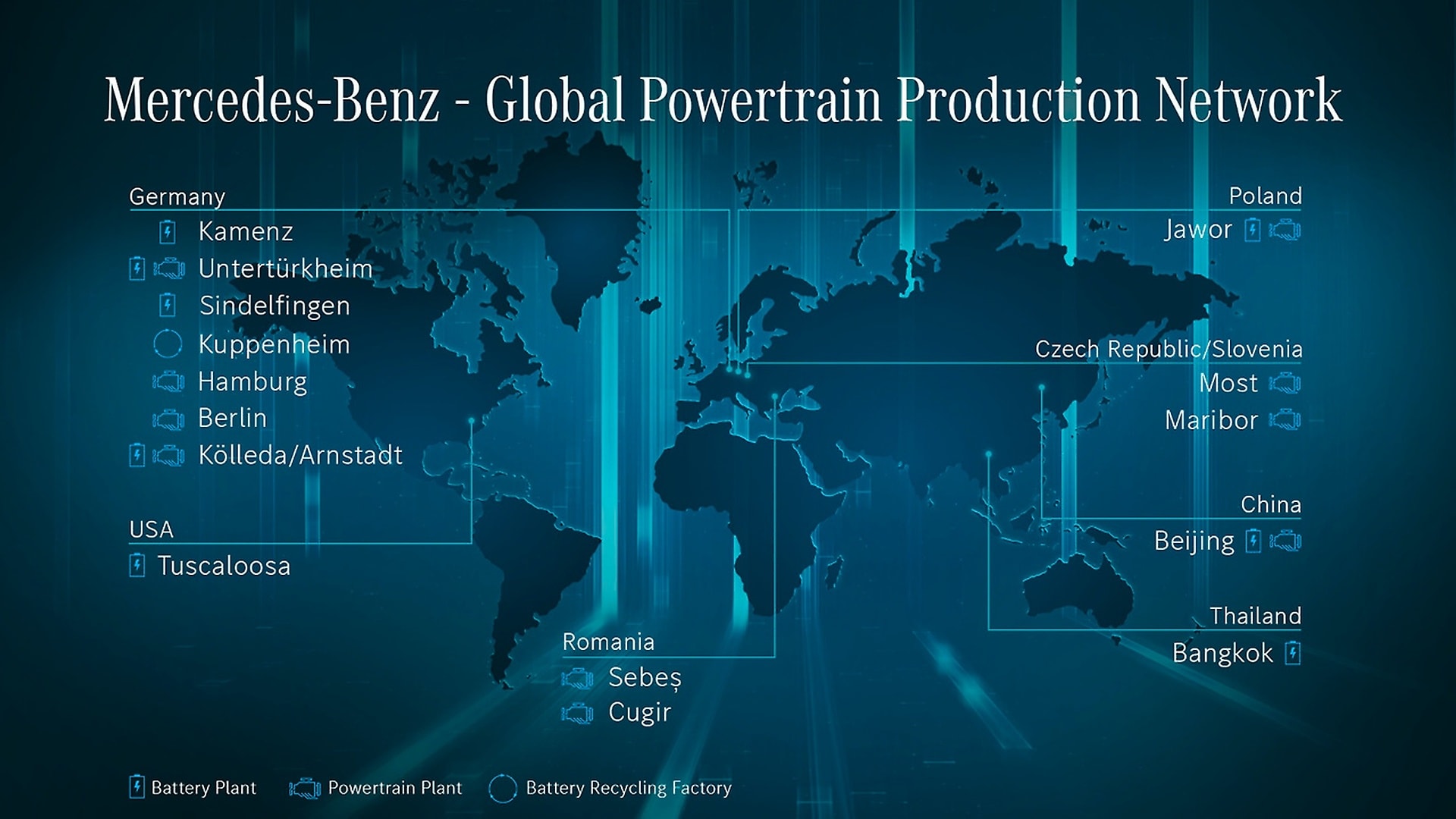
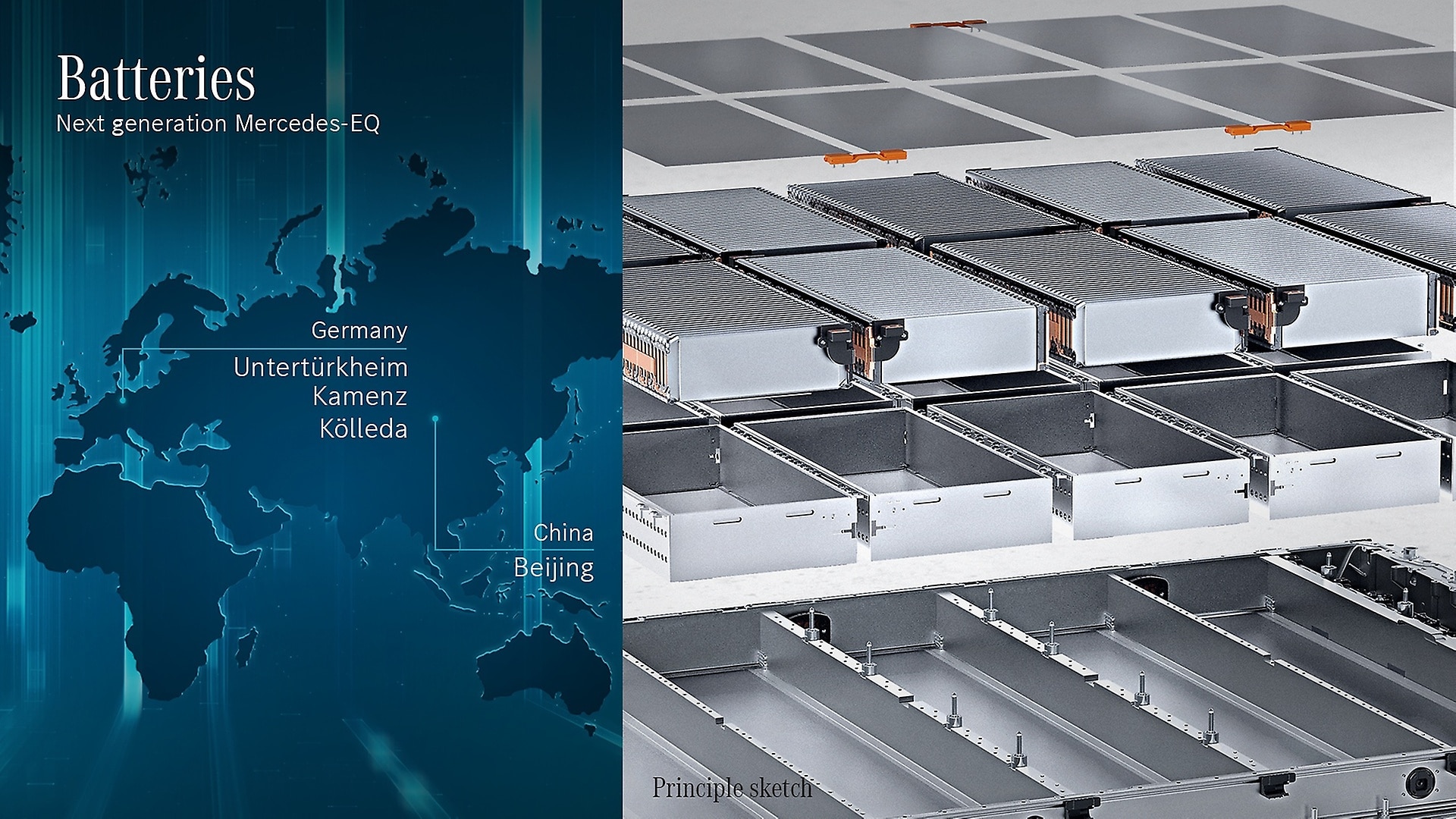
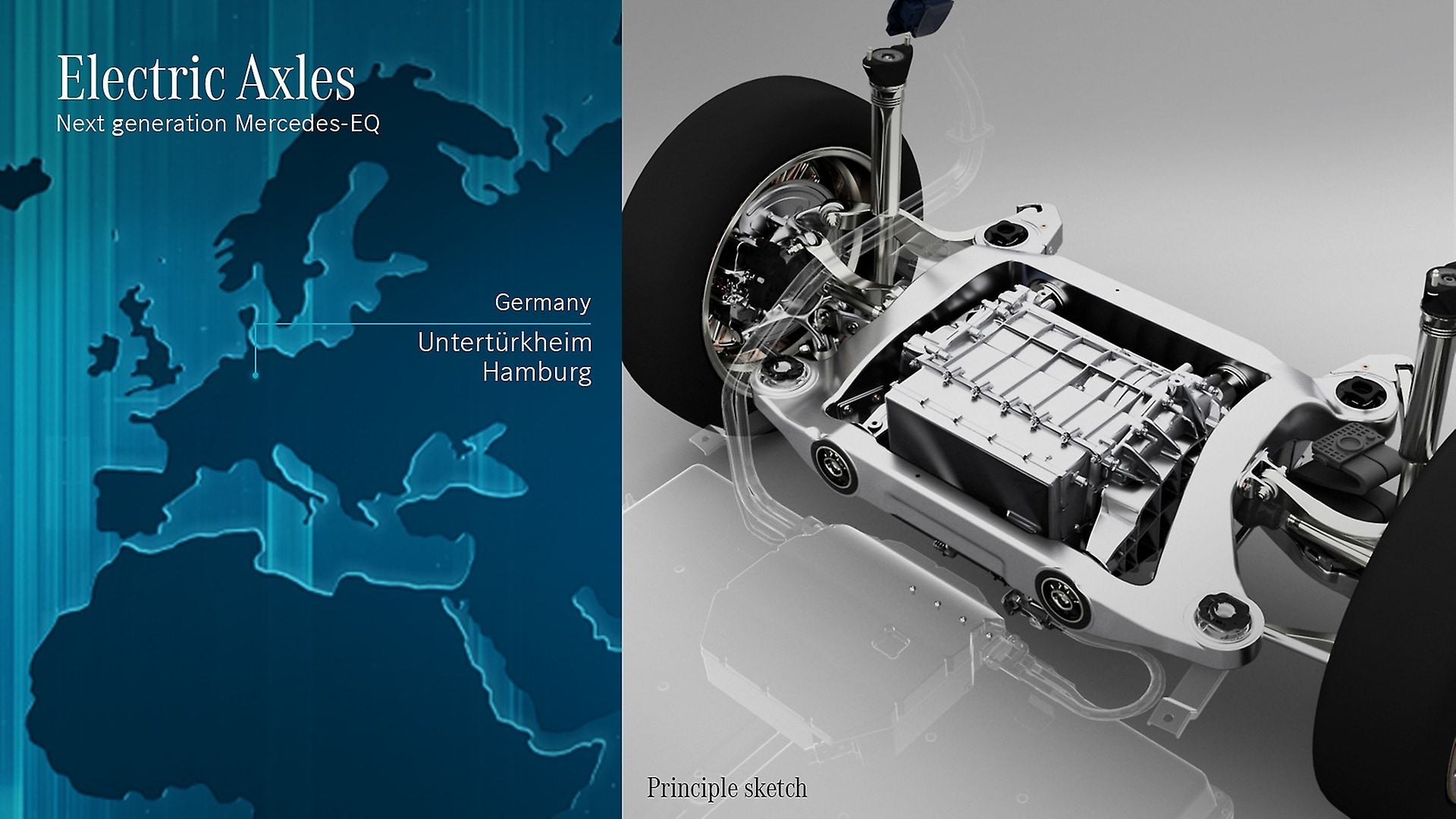
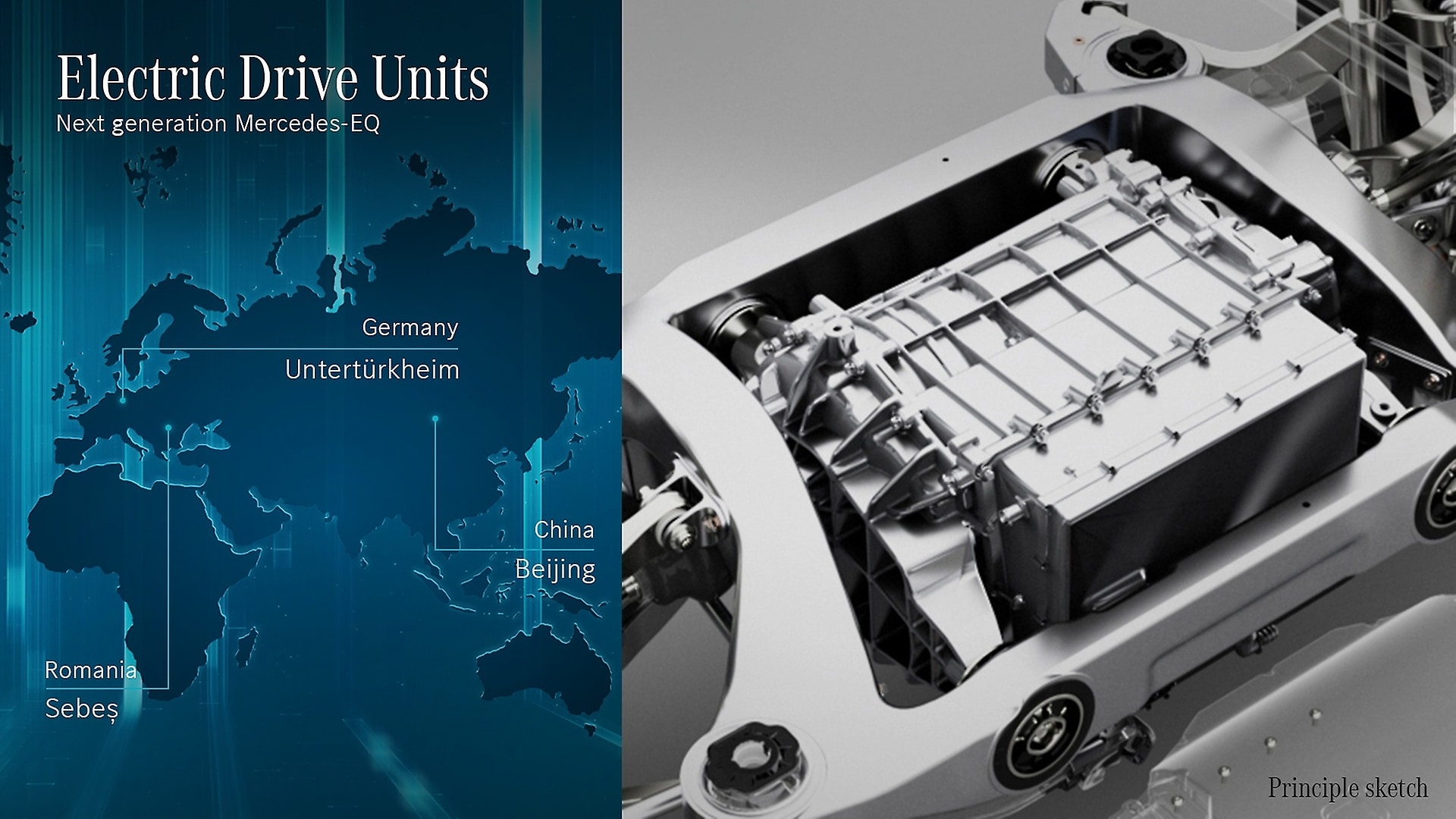
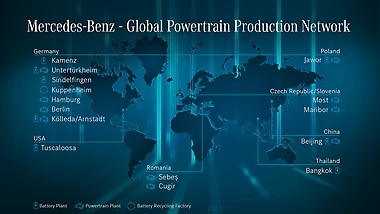
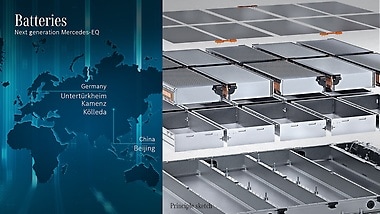
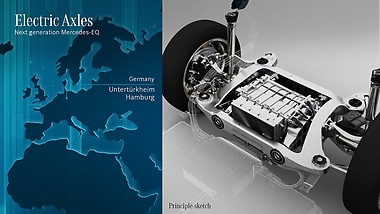
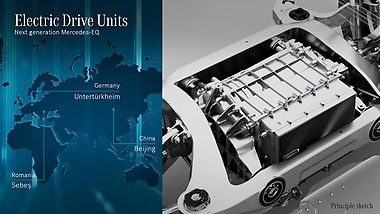
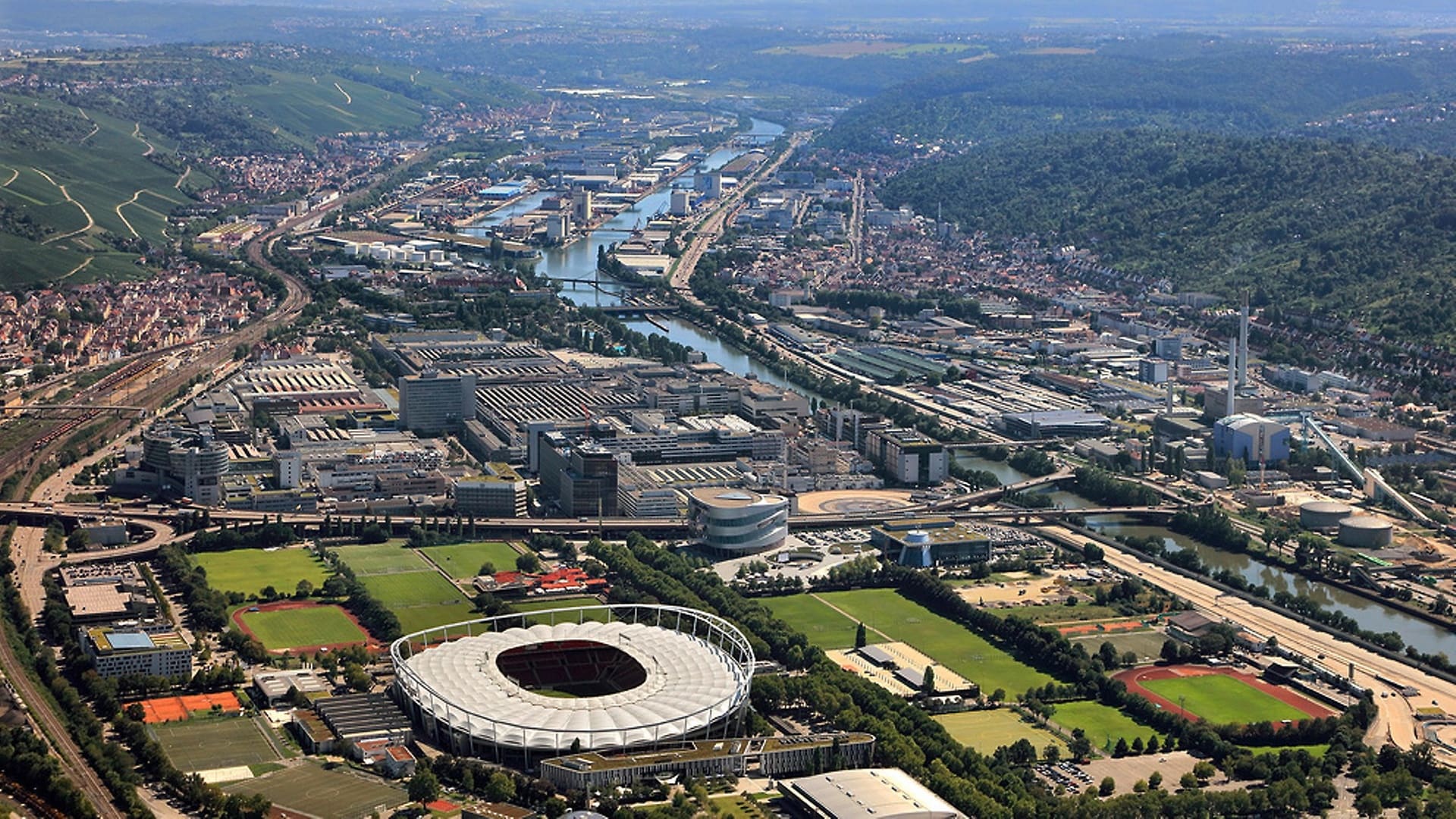
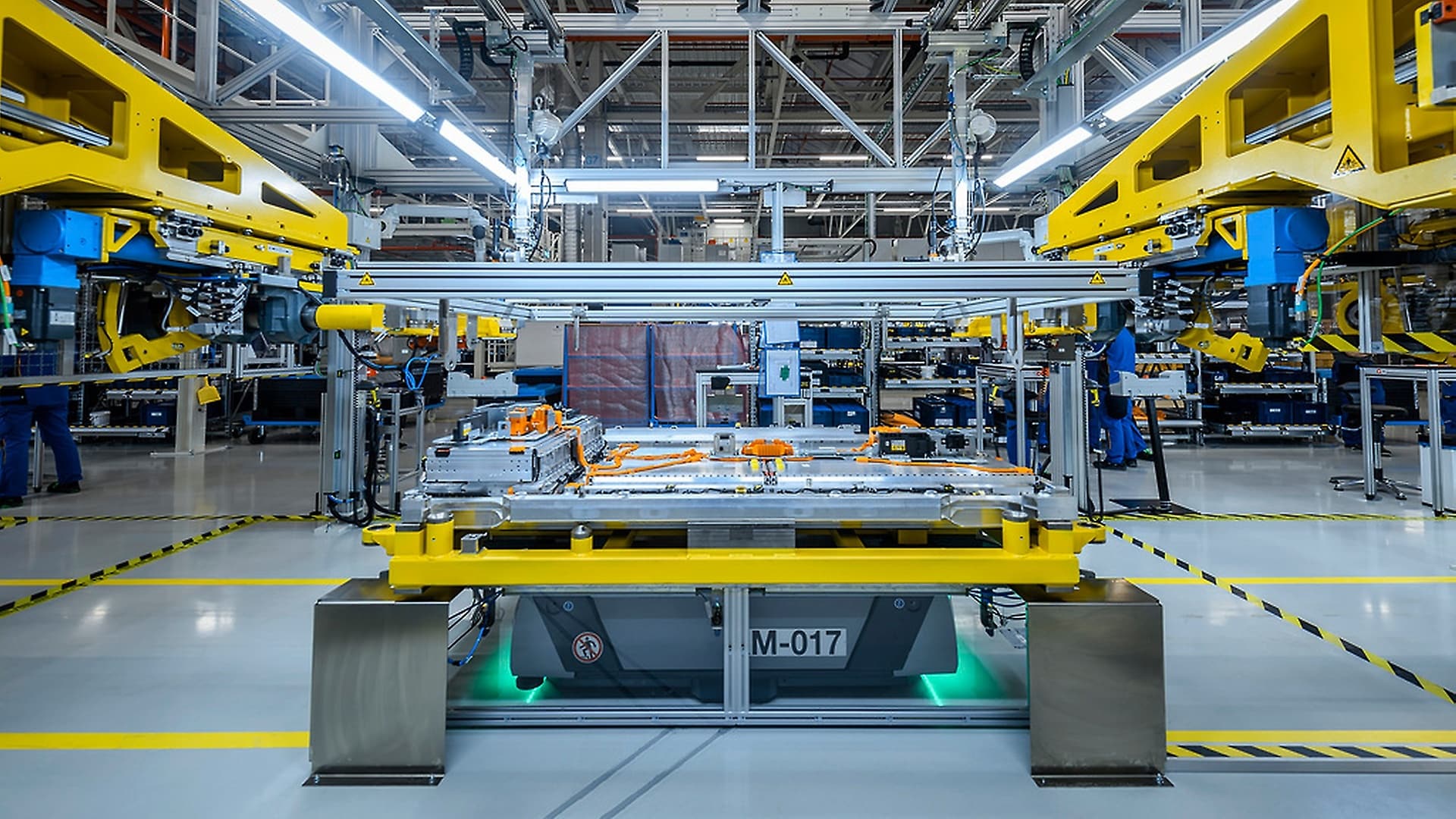
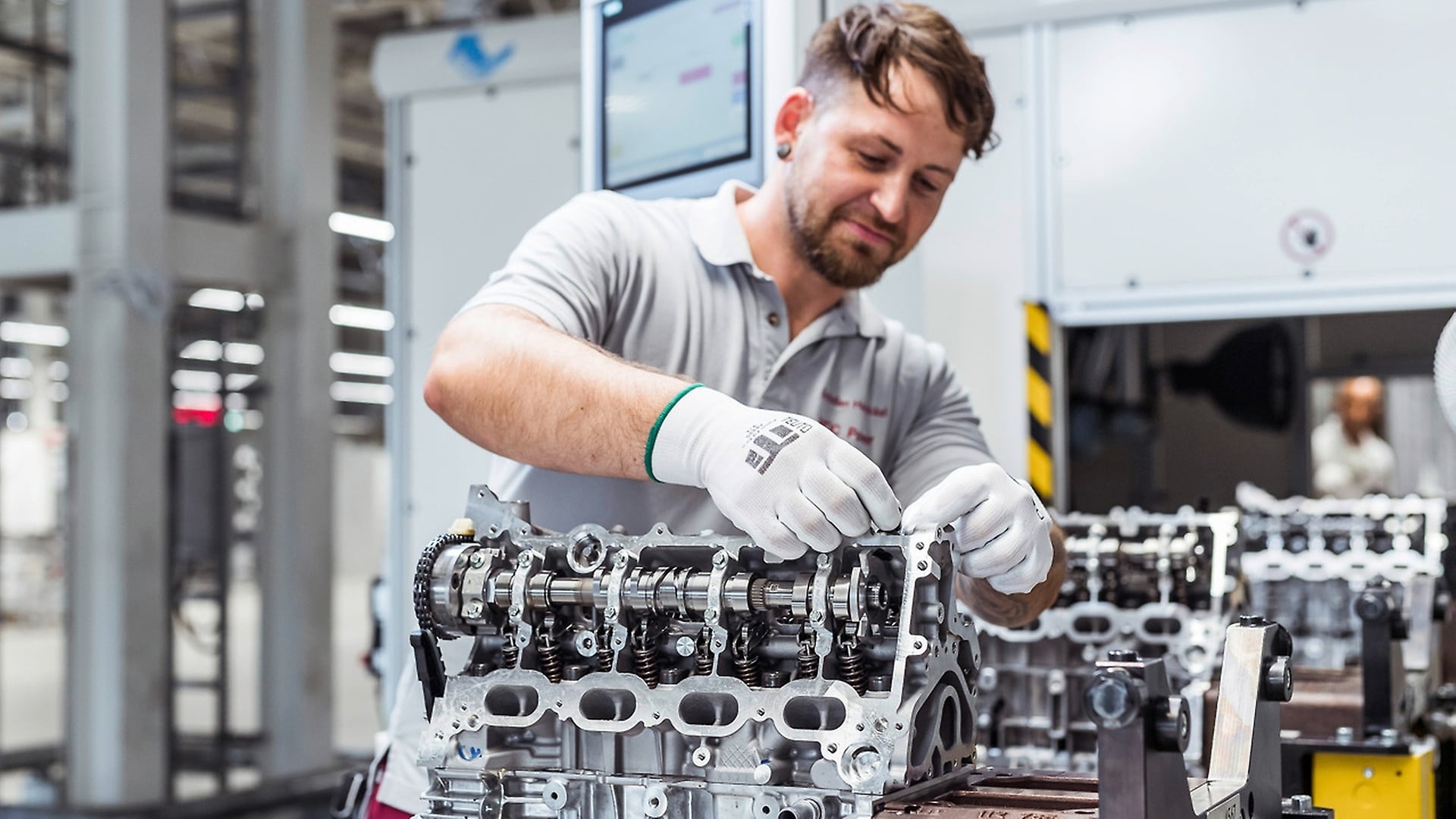
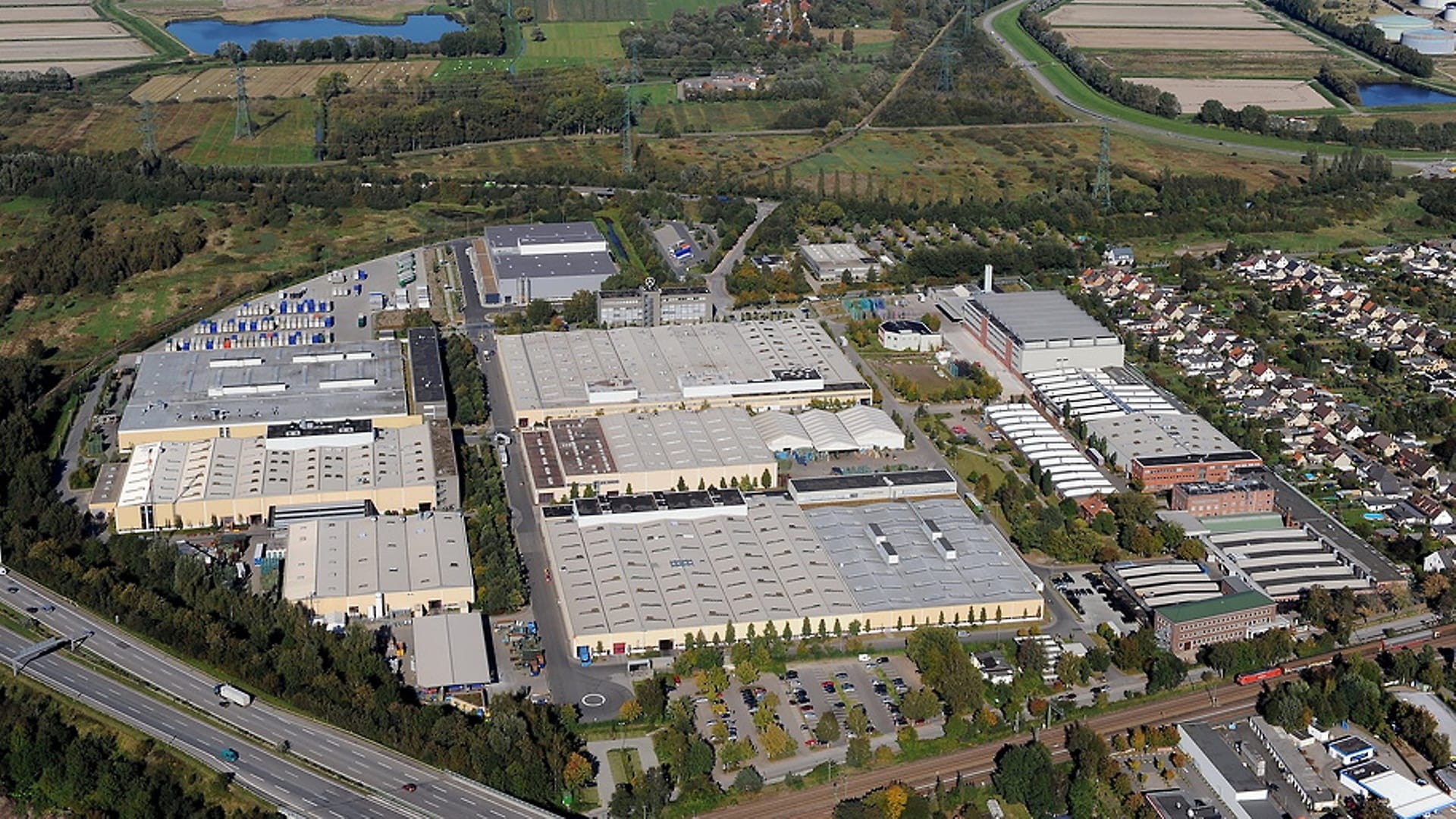
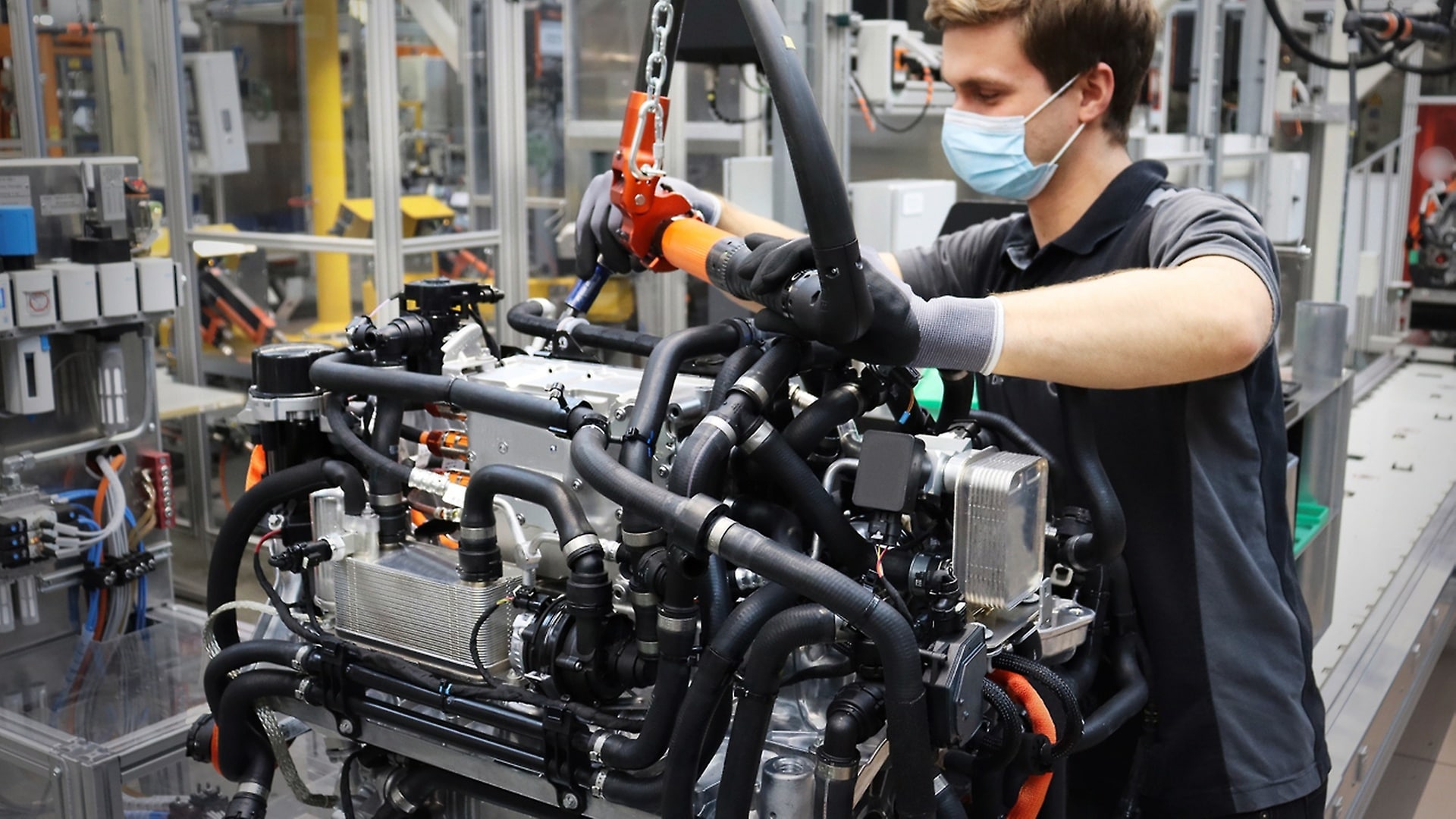
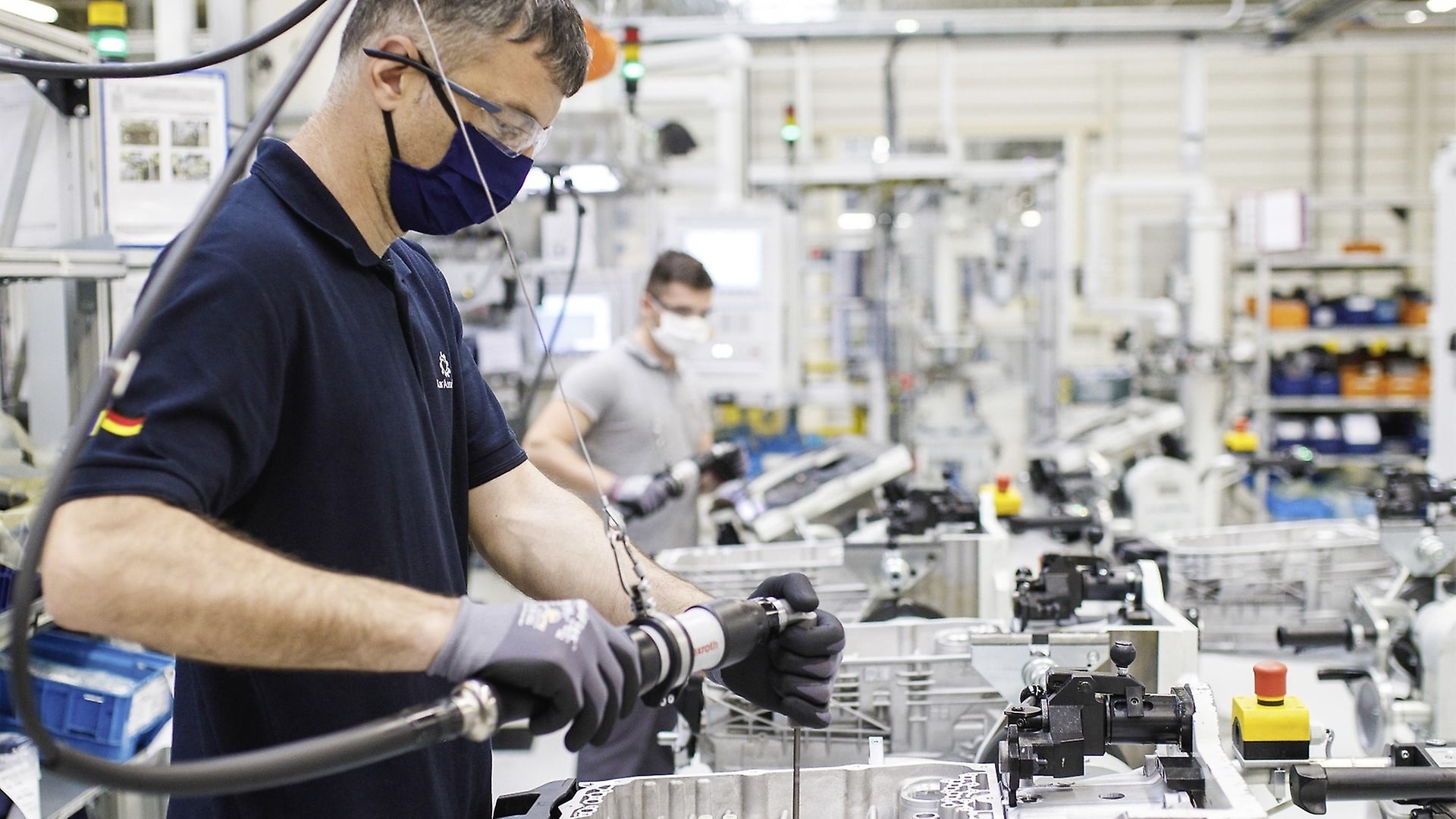
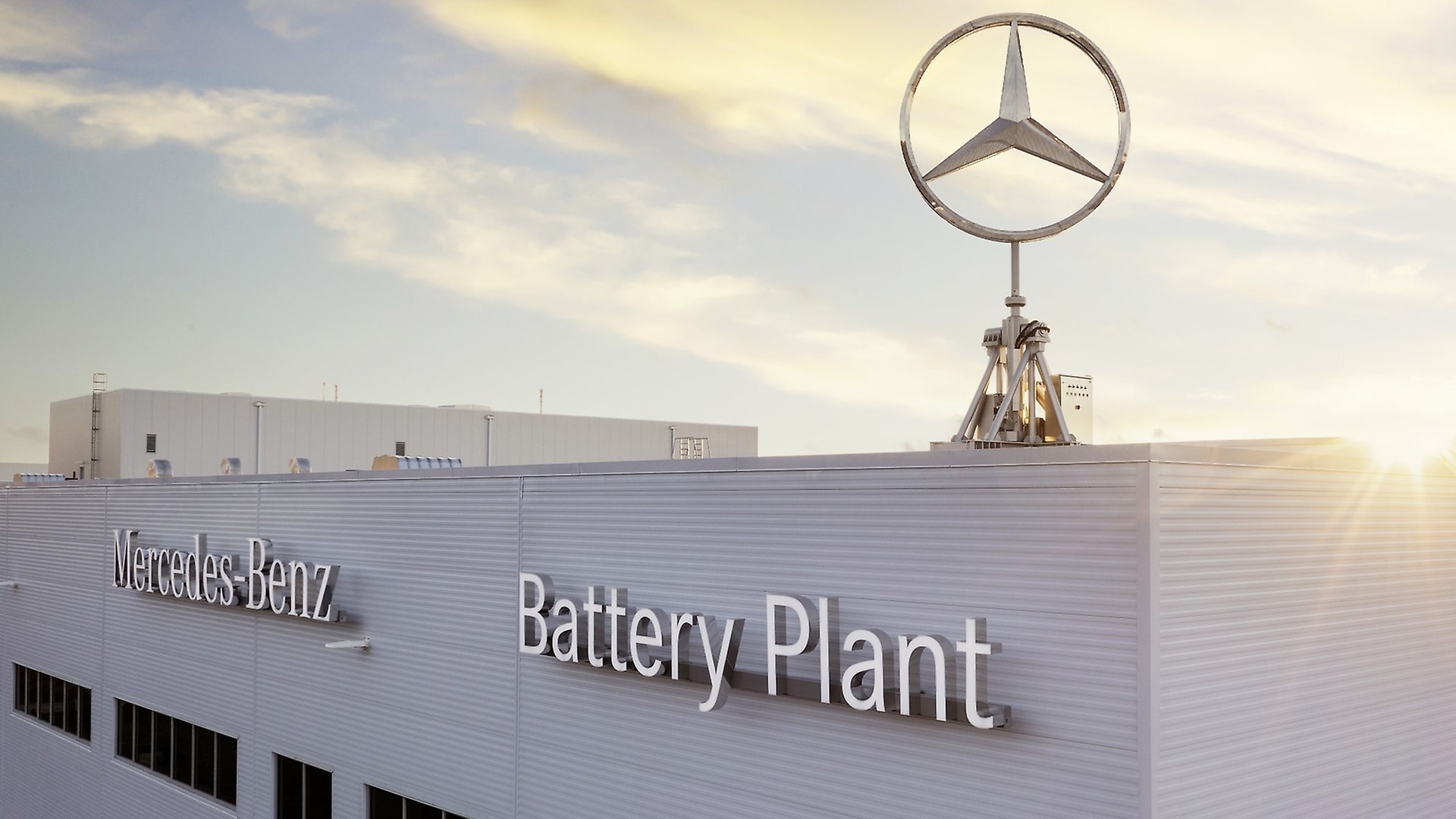
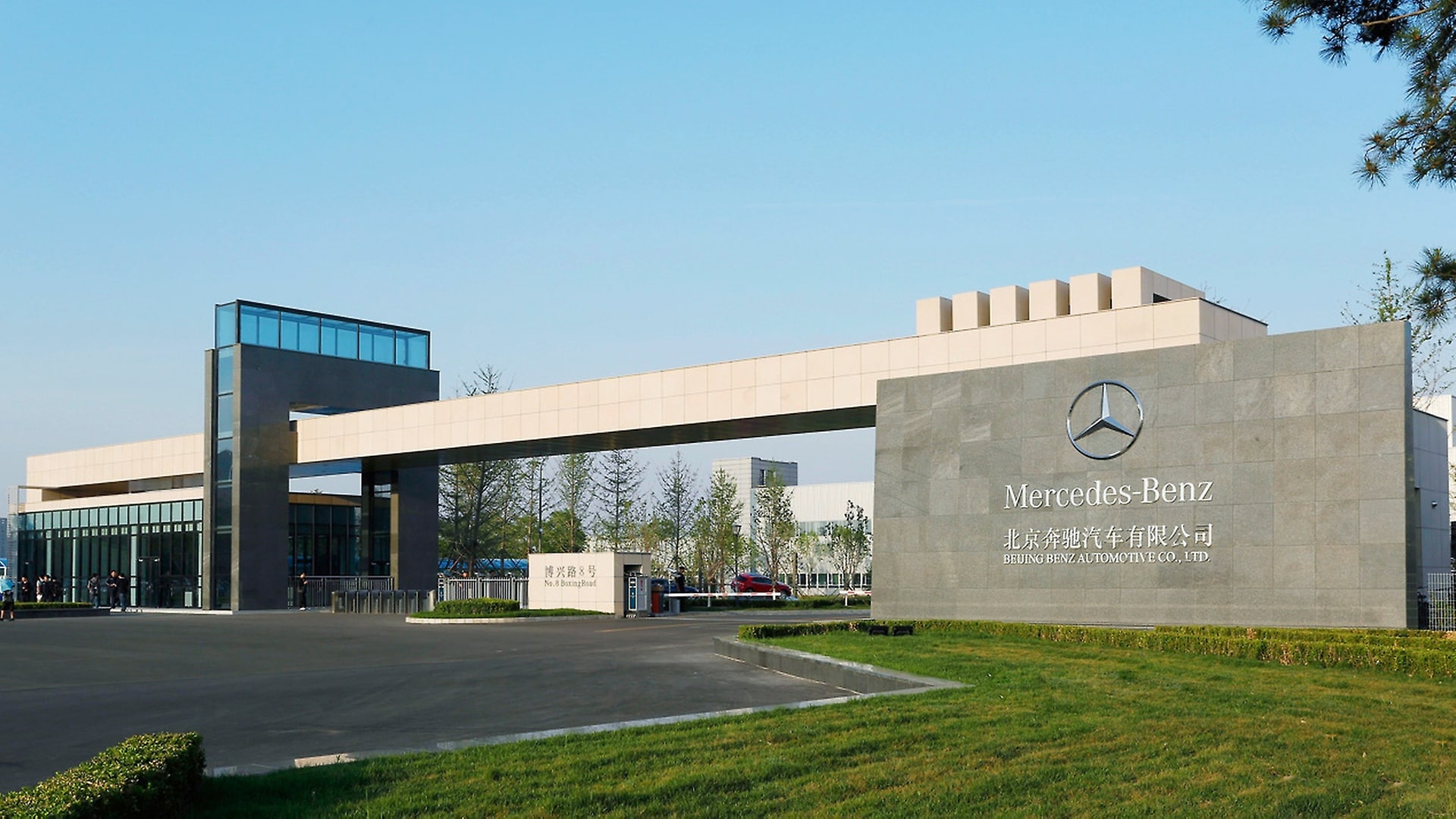
,xPosition=0.5,yPosition=0)
,xPosition=0.5,yPosition=0)